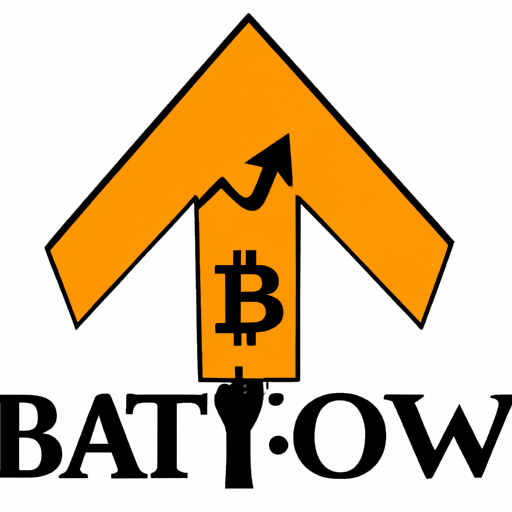Clayton Advocates for Bitcoin ETF to Attract Institutional Investors
Key Points:
- SEC Chairman Jay Clayton believes that institutional investors are interested in gaining exposure to Bitcoin through an exchange-traded fund (ETF).
- Clayton notes a growing acceptance of cryptocurrencies within the financial sector.
- The establishment of a Bitcoin ETF could provide a regulated and secure platform for institutional investors to access the cryptocurrency market.
SEC Chairman Jay Clayton has expressed his belief that institutional investors are increasingly interested in having access to Bitcoin through an exchange-traded fund (ETF). Clayton’s statement comes at a time when the acceptance of cryptocurrencies within the financial industry is on the rise.
Clayton’s observation is not without merit. Over the past few years, the perception of cryptocurrencies has evolved from being considered a mere speculative asset to becoming a potential long-term investment option. This change in sentiment has been fueled by increased regulatory clarity, improved infrastructure, and a growing understanding of the underlying technology.
For institutional investors looking to diversify their portfolios and tap into the potential of cryptocurrencies, an ETF offers an attractive proposition. An ETF provides a regulated framework that offers greater security, liquidity, and ease of access compared to other investment vehicles. Furthermore, it allows investors to gain exposure to Bitcoin without having to directly acquire and custody the digital asset.
Clayton’s endorsement of a Bitcoin ETF aligns with the SEC’s previous concerns about market manipulation and investor protection. By establishing a regulated ETF, the SEC can enforce stricter standards and provide necessary oversight to mitigate potential risks associated with cryptocurrencies.
Institutional investors have long been seen as a major catalyst for the widespread adoption and maturation of the cryptocurrency market. Their participation can bring significant capital, expertise, and credibility to the industry, attracting a broader range of investors and potentially increasing market stability.
However, it is worth noting that the establishment of a Bitcoin ETF is not without its challenges. The SEC has rejected numerous Bitcoin ETF proposals in the past over concerns regarding market manipulation, custody, and lack of adequate surveillance measures. To address these concerns, potential ETF sponsors will need to demonstrate robust market surveillance tools, secure custodial services, and compliance with existing regulatory frameworks.
In conclusion, SEC Chairman Jay Clayton’s recognition of institutional investors’ interest in a Bitcoin ETF is a positive development for the cryptocurrency market. If implemented properly, a regulated ETF could provide a legitimate and accessible avenue for institutional investors to gain exposure to Bitcoin. The endorsement from regulatory authorities also serves as a signal of growing acceptance and maturation of cryptocurrencies in the financial sector.
Hot Take: A Bitcoin ETF – Bridging the Gap Between Traditional Finance and Cryptocurrencies
The potential establishment of a Bitcoin ETF opens up a gateway for traditional finance to integrate with the world of cryptocurrencies. By providing regulated access to Bitcoin, institutions can now consider diversifying their portfolios or offering new investment products to their clients. This bridge between traditional finance and the cryptocurrency market has the potential to foster further innovation and can be seen as a stepping stone towards broader adoption. However, it is essential to strike a balance between regulatory oversight and maintaining the decentralized nature of cryptocurrencies, as this delicate equilibrium will determine the future dynamics of the industry.
